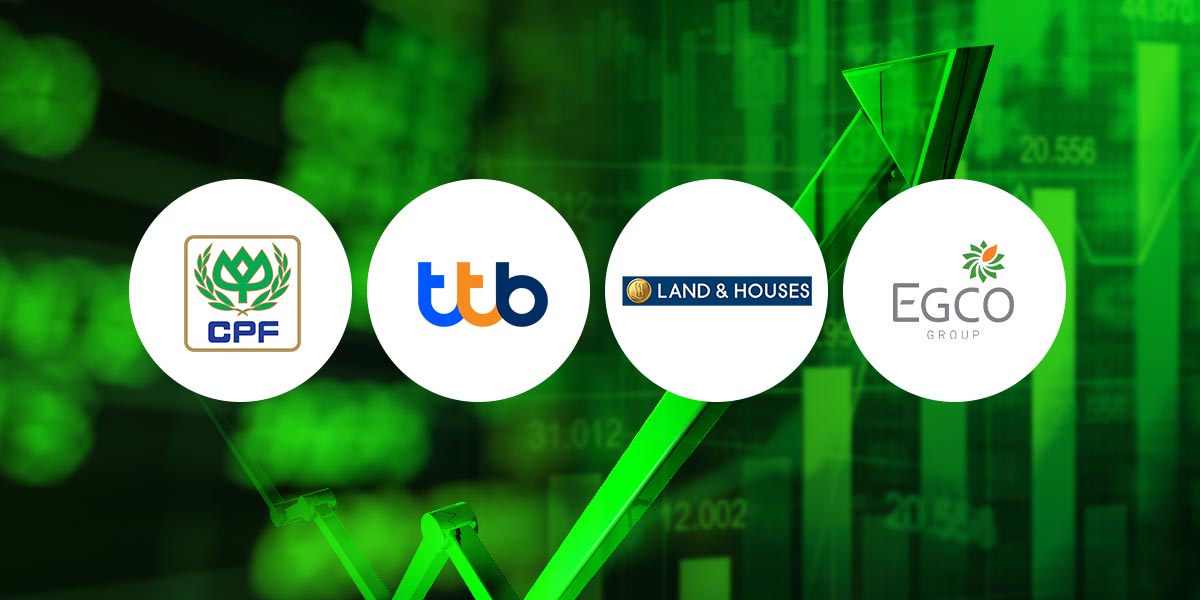Under the leadership of US President Donald Trump, the administration prioritizes reviving industrial sectors, boosting manufacturing capabilities, and enhancing international competitiveness.
In this context, Tisco Securities predicts US policies will align with the insights of Stephen Miran, the chairman of the Council of Economic Advisers. He suggests that economic and trade imbalances arise from the dollar’s persistent overvaluation, attributed to inelastic demand for reserve assets. As part of a broader strategy, Trump is poised to negotiate currency devaluations with other nations, using tariffs as a negotiating tool. This strategy is expected to result in slowed global economic growth, heightened global inflation, and short-term interest rate cuts, though the firm anticipates a higher terminal rate.
Impact on Thailand
Thailand’s government is likely to engage in trade negotiations with the US, focusing on reducing its bilateral trade surplus. Proposed measures include increasing imports of goods like corn, soybean, and petroleum, alongside lowering tariffs on items such as vehicles, while boosting investments in the US.
Although these steps may lower tariff reciprocity, Thailand’s close relationship with China could complicate negotiations, potentially leading to less favorable terms. In this climate, economic growth in Thailand is expected to decelerate. Compounding the issue, policymakers face constraints on stimulating the economy due to high public debt limiting monetary policy options. Given Thailand’s dependence on external demand, anticipated structural shifts could significantly impact its economy over the medium term.
Investment Insights
The economic forecast points to potential downside risks for Tisco’s targeted Stock Exchange of Thailand (SET) index. However, given the SET’s previous derating, the threat to the index may not be as substantial. Certain sectors, particularly electronics, pet food, and banks, may experience notable negative impacts due to their reliance on US demand and the need to support struggling borrowers amid economic uncertainty. Conversely, livestock producers like CPF are anticipated to benefit from government plans to import corn and soybeans, enhancing margins and earnings.
The current market correction thus presents an opportunity to invest in high-yield stocks. Stocks such as TTB, which has minimal exposure to SMEs and benefits from tax shields, LH, buoyed by shifting consumer preferences towards low-rise structures, and EGCO, offering appealing dividend yields, are poised to maintain their value.





